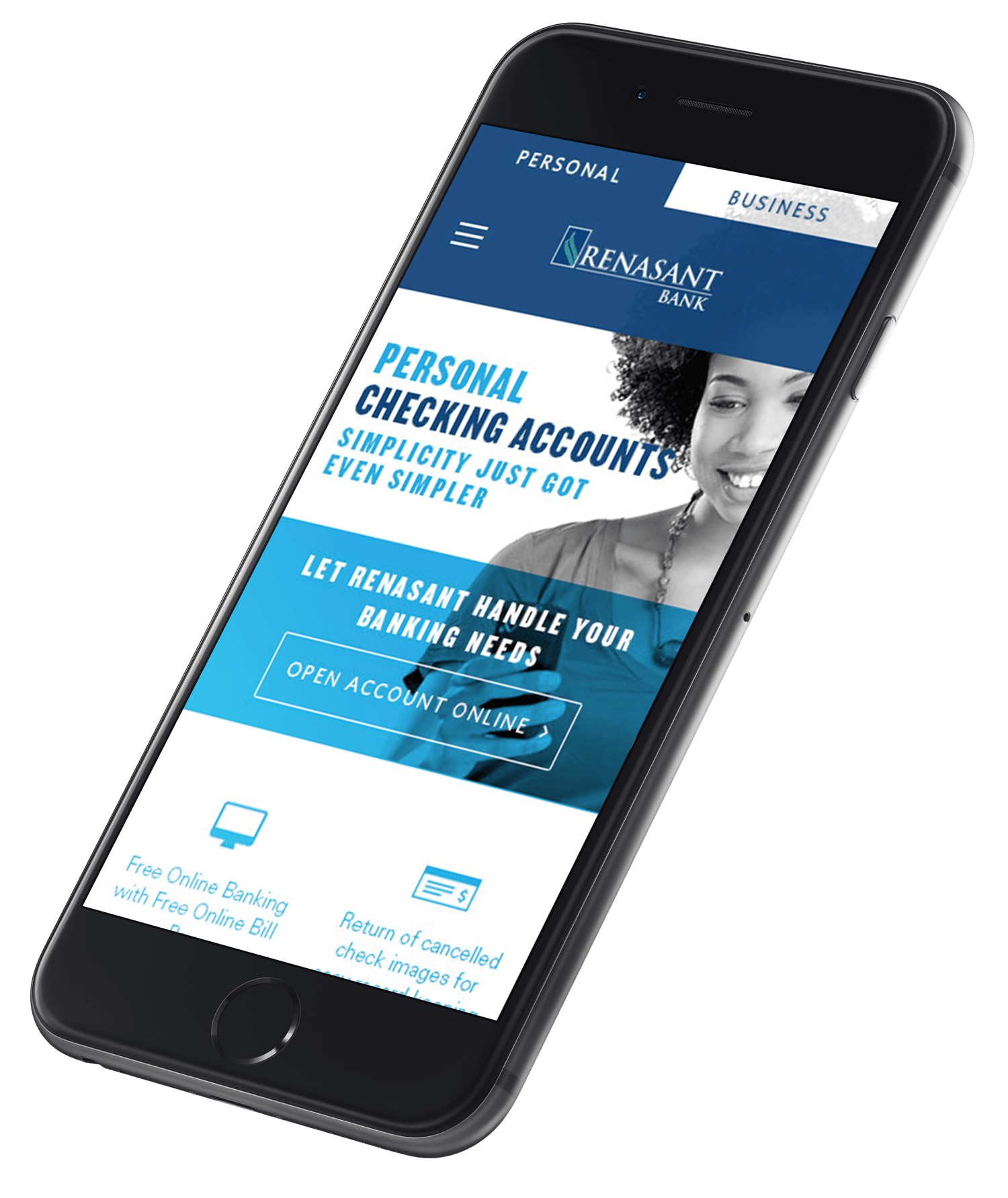We’ve all got millennial fatigue. Is this a lost generation for community banks, or is there hope?
The generation born between roughly 1980 and 2000 has been overanalyzed to say the least. Some of that is a by-product this demographic coming of age in the age of information, and some of the dialogue can be attributed to the generation itself pushing back on older business models and putting their money behind industry antagonists.
These stereotypes have already grown tired. Not all millennials are hipsters, and they aren’t all living in Mom’s basement. In fact, they are beginning to command significant wealth and take on positions of power in our communities.
And to their credit, banks have started to listen. But is it too little too late for a generation that leans heavily toward “big bank” technology and the easiest digital transactional tools available?
First, it’s not just a millennial issue. Let’s set that straight. Most customers below the age of 60 today are shifting their expectations of what convenience and ease mean. Almost everyone we’ve worked with is surprised when they look at their bank’s mobile and online banking usage by age of customer.
The fact of the matter is, millennials continue to grow up, and the banks willing to listen and adapt accordingly will have the generation’s trust when they control the majority of the country’s wealth. But just like for the generation before them, there is no magic arrow. Some millennials are farmers, some millennials are bloggers, and the rest are everything in between.
The common generalization, which is a generalization we’re now seeing with the generation before them and the generations to come, is that they are quick to adapt and expect the businesses they work with to do the same.
Are you ready to adapt to the expectations of your customers?
Return to Takeaways


